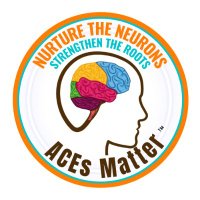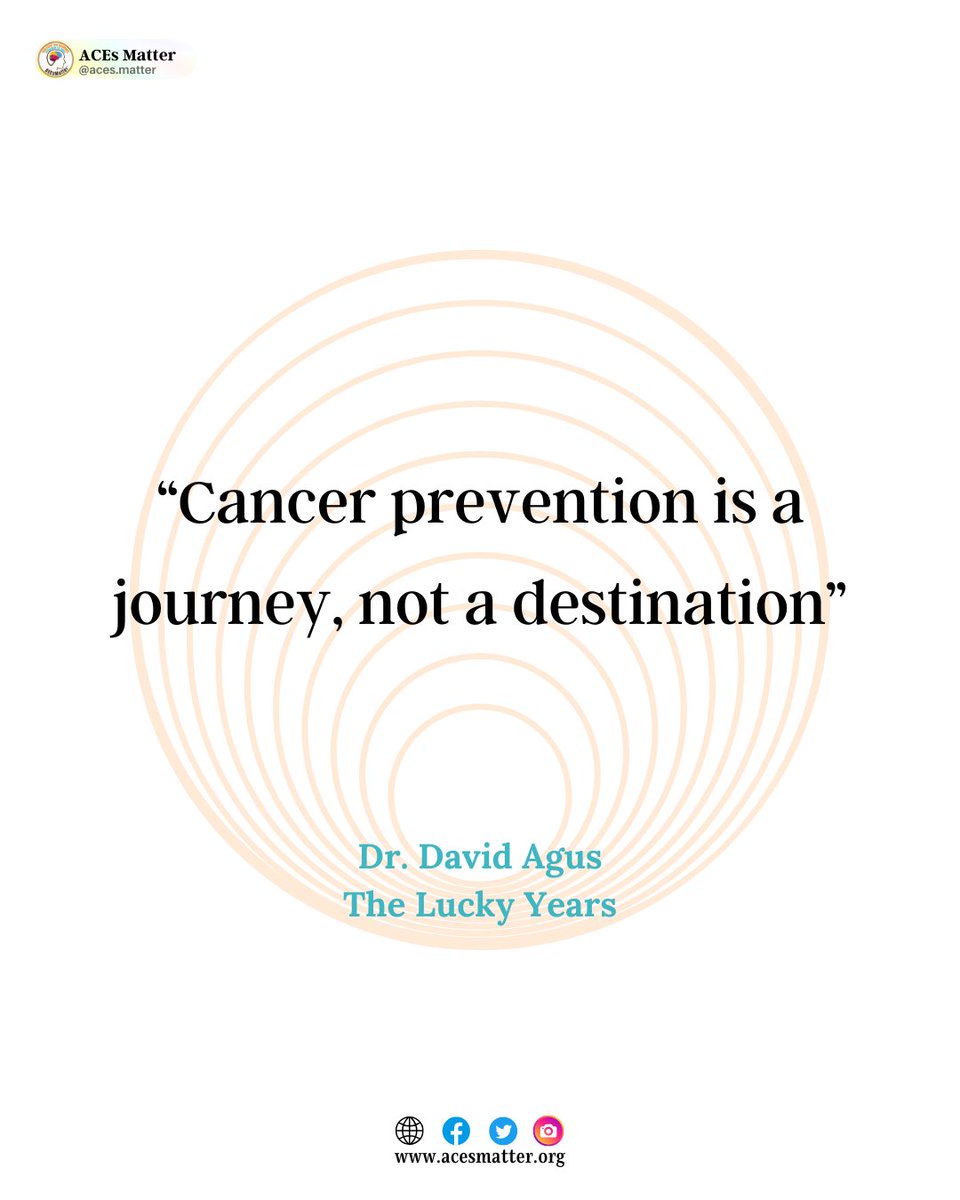
David Agus
@davidagus
Physician @emilosangeles | Professor @USC | @CBSNews contributor | The Book of Animal Secrets - out now in paperback
ID: 327760265
http://www.davidagus.com 02-07-2011 03:15:46
4,4K Tweet
34,34K Followers
1,1K Following






At #LNIF25, Dr. David Agus will lead a session on "Healing with Algorithms," exploring how #AI and #biotech innovation are transforming healthcare. From advancing treatments to preparing for future health crises, get ready to learn how tech is revolutionizing medicine.


Healing with Algorithms: AI in Healthcare At #LNIF25, Dr. David Agus explored AI’s role in cancer treatment, pandemic response & patient care. While #AI is transforming medicine, he emphasized it doesn’t replace the art of practicing it—yet.


"I want to go back to people dying of old age." Dr. David Agus M.D. tells David Rubenstein getting heart imaging and being up to date with vaccines are essential to looking after our overall well-being. Watch “Peer to Peer Conversations" at 9 p.m. ET trib.al/lPGJ23X

Stem cell technologies are the future, but "they're not here today," says Dr. David Agus. He speaks to David Rubenstein on tonight's "Peer to Peer Conversations." Tune in at 9 p.m. ET trib.al/QowaBoj

There has been "tremendous progress" in combating cancer, but it isn't enough, says Ellison Medical Institute's Dr. David Agus. Watch his full conversation with David Rubenstein on the latest episode of "Peer to Peer Conversations" trib.al/aqiyac8

Can advances in technology help us live longer and better? Had a great discussion with David M. Rubenstein, from AI and precision medicine to everyday choices in our lives. With more young people facing cancer diagnoses, understanding risk reduction is more crucial than ever.

What does it take to live longer and healthier in today’s world? Our CEO, Dr. David Agus, sat down with David Rubenstein to explore the latest innovations shaping the future of healthcare, from the power of better data collection to breakthroughs in cancer prevention and



At this year’s Lake Nona Impact Forum, our CEO Dr. David Agus teamed up with EMI Visiting Member Clifton Leaf to dive into the fascinating world of AI in health care. From tackling cancer to prepping for the next pandemic, they explored how tech is shaking things up in medicine. The






